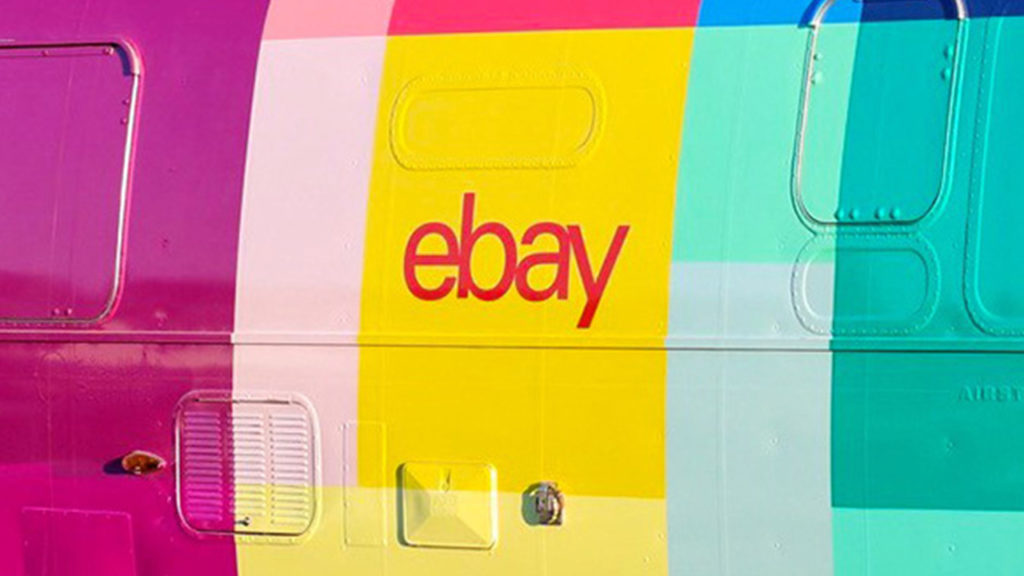Earlier this year, eBay launched a 12-month pilot program called Retail Revival, where it is helping small businesses across the US sell goods by offering training and marketing support free of charge. Its first partner is the struggling city of Akron, Ohio, whose local businesses were hit hard by an economic downturn.
That combination of physical small business charm and global digital reach is being demonstrated in New York City, as eBay is hosting temporary takeovers of two The New Stand locations. The pop-up store will replace the newsstand’s usual goods with Akron brands.
“[Retail Revival] dramatizes the economic impact that we can have on communities and for people,” Chris Librie, head of global impact and giving at eBay, told AList. “Ecommerce is becoming ever more popular, but in some cases, it’s becoming ever more anonymous. I think what’s great about Retail Revival is that it enables our platform to be distinguished by what’s different, quirky and unique with the spin that those Akron sellers put on their merchandise.”
The pop-up store adds to eBay’s online promotion of Akron-made brands, which includes driving traffic to a dedicated Akron Retail Revival page using “Editor’s Picks” and “Featured Sellers” promotions on the homepage. The platform reaches over 175 million customers worldwide, and it is further supporting Akron businesses at events such as the eBay Open and on its social media channels.
“Without that kind of marketing, I don’t think that they would not have reached the states and countries that they have,” said Librie, explaining that the most successful sellers are the ones that offer unique products while having its “Akron pride” come through. He describes the Retail Revival initiative as a collaborative process that benefits both parties.
Librie added that eBay is a purpose-driven company, wanting to create economic opportunity for people. The Retail Revival initiative is a way for the company to “put its money where its mouth is” by entering communities to make a difference, which is why it is not charging businesses a fee for its services.
The lines between online and offline shopping are continuing to blur, creating more challenges for physical stores, especially small and medium-sized businesses. Ebay referred to a UBS study that found that 2017 had a record number of store closures, stating that the commerce platform could empower merchants of all sizes to adapt to the evolving retail industry.
The company’s CEO Devin Wenig spoke about the changes and the future of integrated retail in January, saying, “We’re not competing for ecommerce anymore, there’s no such thing. It’s commerce. That is $17 trillion of global spending, and nobody wakes up saying, ‘I want to buy a mobile phone in a store.’”
Ecommerce is expected to eventually comprise half of global sales, but despite the growth, online shopping lacks the physicality of brick-and-mortar, which is where the pop-up store comes into play.
The activation is unique to New York City for now, but other cities might receive a taste of Akron or Lansing, Michigan—which joined the initiative in early August—sometime in the future.

